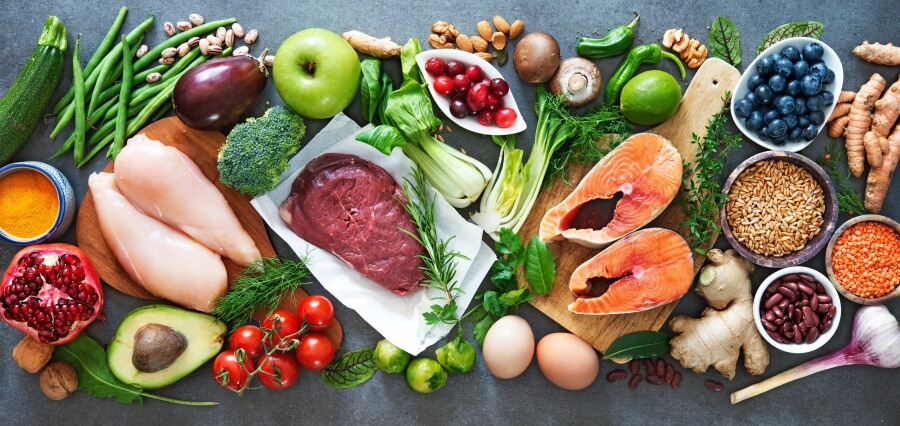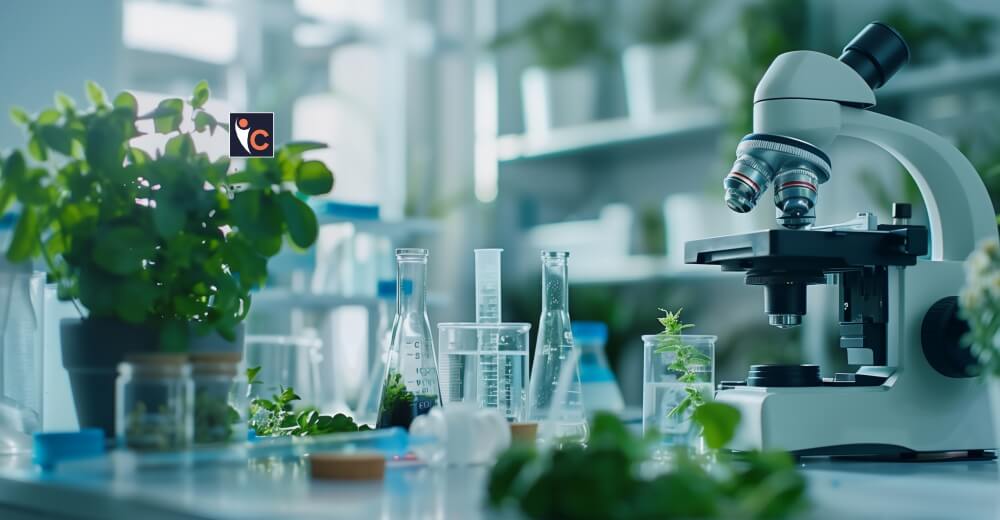Ensuring Safety
Food safety is the most concerning global issue in 2025. It becomes increasingly difficult to ensure that the health and well-being of citizens are not harmed by an increasing number of emerging issues with the safety regulation of food. This includes all regulations concerning the safety, quality, and nutritional value of food for human consumption. Just as the food system is changing with technological development, population growth, and changing consumer trends, emerging food regulation must also change to meet new challenges.
Prevention of Foodborne Diseases
One of the most critical roles of food regulations is to ensure that food does not cause foodborne illnesses. It is estimated that foodborne diseases afflict almost 600 million people and cause 400,000 human deaths annually. Contamination by pathogenic bacteria, viruses, parasites, or chemicals can result in severe health hazards. The risks increase when food products, in a globalized food market, cross national borders, move from one producer to another supplier.
The more complex the chain gets, the newer emergences in 2025 will require serious enforcement in terms of food regulation. Contamination at levels of production, processing, and packaging of foodstuffs must be avoided through appropriate practices in the form of hygiene, temperature control, and the use of only safe ingredients. Moreover, advances in the field of genome sequencing, coupled with predictive analytics along with other digital information technologies, are now enabling source tracking of most foodborne pathogens, after which outbreaks are promptly responded to with more effective prevention strategies.
Protection of Consumers’ Rights and Transparency
The second importance of food regulations is that they also protect consumers from fraud and are transparent about their food labeling. More information about what people consume is what is increasing among the desire of consumers, and therefore, food labeling should be proper and full. Food labeling in 2025 will need to communicate such vital information like nutrition, allergens, and origin of ingredients in order for the consumers to make appropriate choices.
In the process, governments ensure to set regulations that make food producers correctly label their products for allergens and nutritional facts on the label. With food allergies and intolerances on the increase, these regulations are becoming important as ways of preventing adverse reactions. Food fraud-think mislabeled or substituted ingredients-undermines trust and safety in the food supply. Authenticity of the products’ regulations, for instance routine testing and monitoring will be very vital in fighting against food fraud, that would give confidence to the consumer in the supply of the foods.
Global Food Security Addressing
Food security in simple terms means having sufficient, safe, and nutritious food. It is a priority at a time when the population is projected to almost reach 8 billion by 2025. Greater demand for more food overextends the food systems. To this end, food regulations ensure that the food systems are resilient against climate change, economic instability, and geopolitical conflicts.
Laws that are regulated and allow sustainable food production, judicious use of water and pesticides, and protection of agricultural lands are also very important in terms of food security. This, in turn, helps the people of the nation in attaining good health. Regulations in food distribution ensure access to nutritionally adequate foods by vulnerable populations, especially those in low-income or rural settings. Effective regulation in food aid, food infrastructure, and the equity of access ensures that people have access to safe food.
Sustainability and Environmental Considerations
In 2025, the new focus of food regulations is shifting toward sustainability in light of the increased environmental concerns. Food production has been considered one of the major contributors to climate change; agricultural activities bear a big percentage of the contribution to global greenhouse gas emissions. It is important that regulations incentivize environmentally friendly farming, reduce waste, and encourage renewable energy in food production as ways to reduce the environmental impact of food systems.
Additionally, food packaging has also been blamed due to its contribution to plastic pollution. To this end, most countries have been issuing laws limiting the use of single-way plastic packaging and encourage biodegradable or recyclable ones. This policy will reduce not only the degradation of the natural environment but also help reach sustainability for long-term food production and distribution.
Conclusion
In summary, food regulation plays a more critical role than ever in ensuring that food is safe, consumer rights are protected, and the global challenges related to food security and environmental sustainability are met in the year 2025. This guarantees that foodborne illness is avoided, labels show clear transparency, and sustainable practices are promoted, which will definitely guarantee access to nutrition—all central themes of public health protection. As the food system changes, it is equally important that governments and regulatory bodies be alert and adapt with the times to enforce policies that will maintain food safety and public trust amidst the challenges yet to be introduced in the times ahead.










